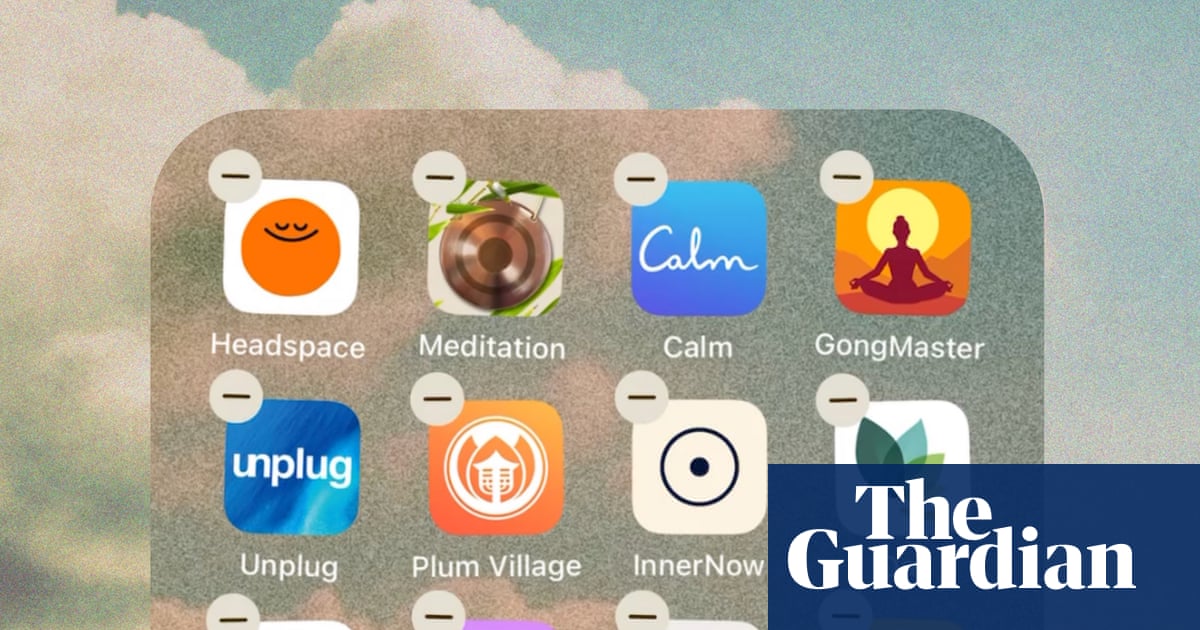Between the worry over prosecutors demanding that health apps turn over information on women they suspect have had abortions and the kinds of lax data protection that leads to, for example, Meta illegally harvesting private data from users of the Flo period tracking app, it’s long been time to delete your period tracking app and take control of your data.
The apps themselves aren’t faultless either. In 2024, the BBC reported that period-tracking apps were “coercing” women into providing highly sensitive health data and then failing to protect that information from potential hackers or thieves due to substandard security policies.
As one of PCMag’s security experts, I’m afraid I don’t have any app recommendations for you after reading the privacy policies for several so-called “privacy-first” period-tracking apps. Instead, I’m here to provide ways to digitally monitor your reproductive health without giving up all of your health data.
Why You Should Track Your Period Privately
In 2022, the Supreme Court overturned the federal right to abortion access in the United States, leaving the door open for many states to pass abortion bans. Following the court’s decision, many states passed legislation to prevent or penalize abortions and limit access to certain kinds of reproductive healthcare. Period tracking data could be used against women of childbearing age in these states, which is why it may be wise to delete any apps that you’re using to store information about your body’s menstruation or ovulation cycles.
For those who’ve never used a period tracker, the apps allow you to store data about your fertility and any related symptoms you experience each month. The apps are helpful if you’re trying to have a baby or just want to monitor your monthly cycles. Having that kind of data at your fingertips can be helpful when trying to describe a health concern to a doctor accurately.
Period trackers can pose a danger to people in states with abortion bans because, like many apps, menstrual trackers collect and store user data. That information may be shared with third parties, including law enforcement, looking for evidence that someone had an abortion. Even if you haven’t had an abortion, a record of a missed period could be seen as evidence of a crime. It’s the world we’re living in now, so plan accordingly.
(Credit: Carol Yepes / Getty Images)
How to Track Your Period Privately
The three methods listed below aren’t as straightforward and easy to use as the popular period-tracking apps, but they’re more private.
1. Use the Health App on Your Phone
Apple’s Health app has a period-tracking option. You can enter all kinds of information about your body, including sexual activity, period symptoms, and pregnancy test results. Google’s Fit app has a journal where you can also enter health data.
Remember to check your Apple device’s sharing settings. If you’ve ever shared health data with someone, they may still have access to your information, so turn off sharing in the Health app.

Get Our Best Stories!
Stay Safe With the Latest Security News and Updates

By clicking Sign Me Up, you confirm you are 16+ and agree to our Terms of Use and Privacy Policy.
Thanks for signing up!
Your subscription has been confirmed. Keep an eye on your inbox!
2. Use Your Calendar
Entering detailed reproductive health information into the calendar app on your smartphone or computer isn’t the most secure option on our list. Still, it is very easy to obscure the information. Simply enter an emoji or character on the calendar to designate your cycle’s beginning and end dates—there is no need for other details.
Secure your devices and any logins for digital calendars with a passcode or biometric authentication. Computer and mobile device calendars usually allow for syncing, which means someone else could see your data if they gain physical access to any of your devices.
Of course, tracking your period using a pen and paper calendar is also an option, though it leaves physical evidence that may be easy for law enforcement to obtain.
3. Use a Spreadsheet
You can store a spreadsheet containing your health data on your device without linking it to the cloud. You can download attractive templates from various sources online, but making a simple tracking spreadsheet is easy. Aliza Aufrichtig, a graphics editor at The New York Times, wrote this guide for creating a private period tracker using Google Sheets. You can even set up email and calendar integrations, though I recommend against this option since it leaves an online digital trail. Google Sheets stores your data in the cloud, which is not ideal, but you can use the instructions Aufrichtig provides to make a similar offline spreadsheet using Excel.
How to Stay Anonymous on Health Apps
Even the best period-tracking apps could be dangerous if your data falls into the wrong hands. For example, Planned Parenthood’s own Spot On period-tracking app states in its privacy policy that it may share your personal information with third-party affiliates and law enforcement. Some of your information on the Spot On app may also be handed over to researchers.
Flo is an app with many helpful features, such as colorful calendars, a symptoms log, and informative articles about menstruation, fertility, and pregnancy. It also has an extremely detailed and easy-to-read privacy policy that lays out the app’s data retention and sharing policies in explicit detail. Flo does not sell your personal data to third parties, such as data brokers, which is great. It does, however, comply with law enforcement requests for personal data, which is not ideal. Also, if the app is ever sold to another company (which happens pretty often), all the information Flo has stored about you will also be sold.
That said, I like that the app has an Anonymous Mode, which allows you to access the app without providing identifying information. That way, even if Flo is pressured to hand over customer data, you can’t be identified with an email or your real name.
Ultimately, you should do everything you can to control who has access to your personal data, whether you can bear children or not. Read app privacy policies carefully before using them on your devices. That advice is doubly important when it comes to your health data. While the information you share with your doctor or other healthcare provider is protected by the Health Insurance Portability and Accountability Act (HIPAA), those rules do not apply to any health-related data you enter into an app. That information can be sold to data brokers, who can hand it over to anyone.
Don’t divulge any information on an app you want to keep a secret. Data breaches happen constantly, and the health information you thought was secure today could be in the hands of a hacker tomorrow. Keep your health data offline or encrypted to keep it safe.
About Kim Key
Senior Writer, Security












